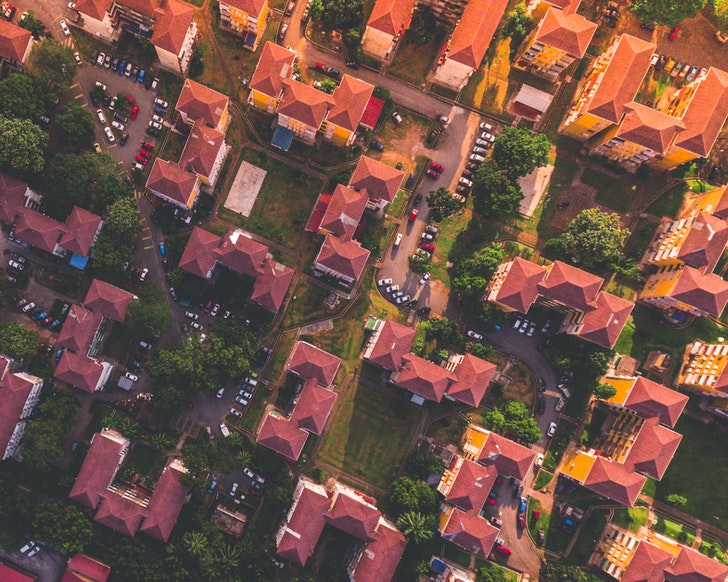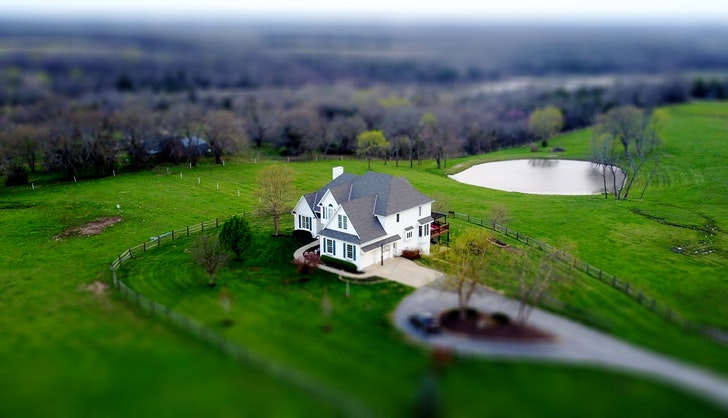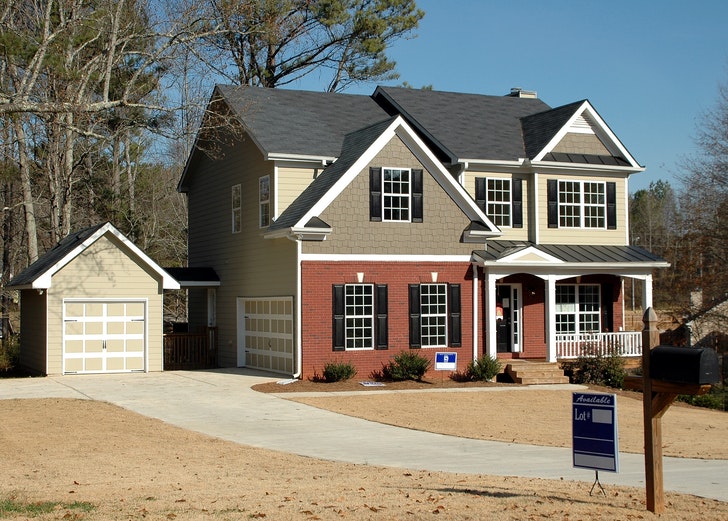Buying a home is one of life’s biggest milestones for countless Americans, and the largest purchase many people ever make in their lives. Many people collect money through, what they call, “radical savings” which helps locals and state first-time homebuyers to afford the costs of a home and develop saving habits that continue to provide flexibility and financial security.
Before stepping into the property market, you should be in the best financial position that allows you to meet your mortgages. To become financially stable, you can take time to build a savings cushion and develop a financial plan before carrying out your home search. However, it may take many years, but you must stay mindful of your goal throughout the entire saving process. Continue reading to unlock ways to cut the costs of affording a home.
Check the numbers

Deva Darshan/ Pexels | Buying a home is a big step up into another echelon of society
First things first: Consider whether you have the down payment you need and if you can afford to take on a home mortgage. Do you have a stable income and a cash reserve? Keep in mind the additional expenses of owning a home such as property taxes, insurance, maintenance, repairs, furnishings and property management fees.
The tax implications of a home largely depend on the type of property you buy and how you use it. Consult a tax professional for guidance on how a home purchase could affect your taxes, since you may be eligible for mortgage interest deductions. Learn more about preparing your finances and the other stages of the homebuying process.
Don’t make an offer on every property
While having some flexibility is key in this market, you may be so desperate to buy a home that you’re now making offers on homes that you don’t actually like or that don’t fit into your budget. But doing so will just add to your negative feelings around the homebuying process. Instead, you should only physically visit these properties and only submit offers on properties that will most likely sell well within your budget.
Go Under Budget

David McBee/ Pexels | Buy a home on the backroads, so your relatives can never find you
Always figure out your budget. Use a calculator that considers interest rate, loan term and down payment to help you find your price range. Your best bet is to look at homes on the lower end so that you have a buffer for surprise expenses, like any modifications you may hope or need to make. Commuting costs may go up, too, depending on where you work and where you want to live.
Get pre-approved
Buying a house is always a big purchase, hence you should be absolutely sure that you can afford a house before you even schedule a showing. You do not want to fall in love with a property that is out of your price range or that is not compatible with the kind of loan you will be using.
Getting preapproved is an essential part of your financial preparations and will reduce a lot of the stress surrounding the whole process. By being pre-approved you are making yourself more attractive to sellers because they know you can afford their home and giving yourself a much better shot at an accepted offer when and if you decide to bid!

Pixabay/ Pexels | Courage and commitment are prerequisites for purchasing a home
Don’t Try to Time the Market
Don’t obsess with trying to time the market and figure out when is the best time to buy. Trying to anticipate the housing market is impossible. The best time to buy is when you find your perfect house and you can afford it. Real estate is cyclical, it goes up and it goes down and it goes back up again. So, if you try to wait for the perfect time, you’re probably going to miss out.
